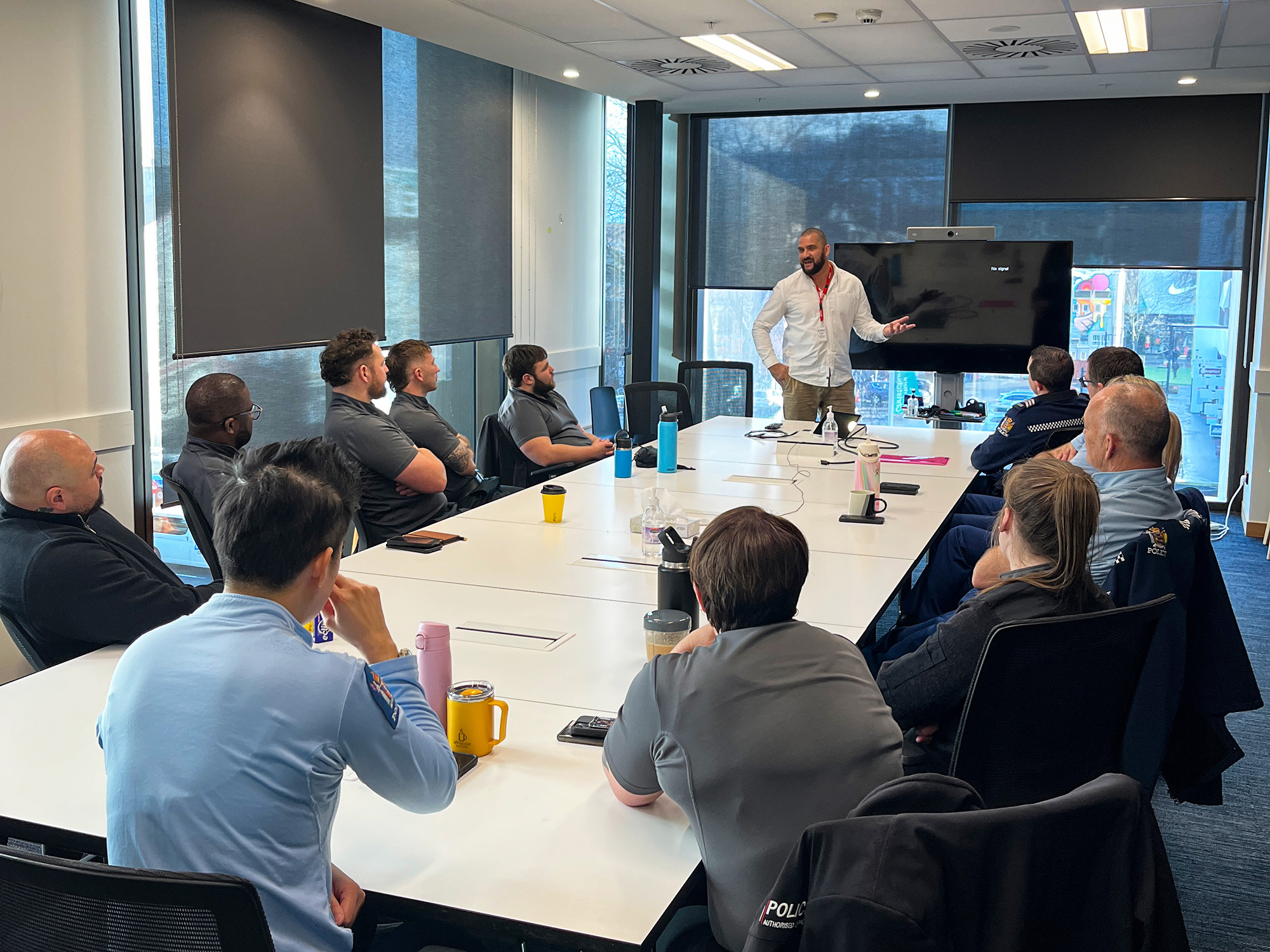We want restorative justice!
What actually is restorative justice?

Reintegration Navigator, Matiu Brokenshire
Every so often we hear the term restorative justice. You've probably read about it in the newspaper, or heard it on the news. But what actually is restorative justice and what is Pathway's involvement?
The Ministry of Justice refers to it as a community-based response to crime that aims to hold offenders to account for their offending and, as much as possible, repair the harm they've done to the victim and the community.
Pathway reintegration navigator Maitu Brokenshire has been involved with several restorative justice meetings our Tū Ora have attended.
"It's an holistic idea of justice. There is punitive justice, but restorative justice is this idea that both victim and perpetrator sit down together and try to reach some kind of understanding of what's happened and take the opportunity to reach a greater insight of each other and each others experiences."
"The ultimate outcome is there's a true understanding and healing for the victim. I have seen that. It's like, 'ok, that thing was terrible but I had no idea that was where you were at. I figured you as this monster and you've just been humanised'."
He says in some cases, a perpetrator will leave a positive restorative justice meeting feeling they have helped heal a life they have damaged, which can be used as positive affirmation as they continue their reintegration journey.
"If our guys want to do RJ and RJ is on board, I'm on board."
He likened the process during such cases to a bird with two broken wings – fix one and it remains grounded, fix both and it will soar.
The positive outcomes that can come out of restorative justice are pretty similar to what Pathway is all about – doing what we can to help people spread their wings and make a fresh start.
Names have been changed.





